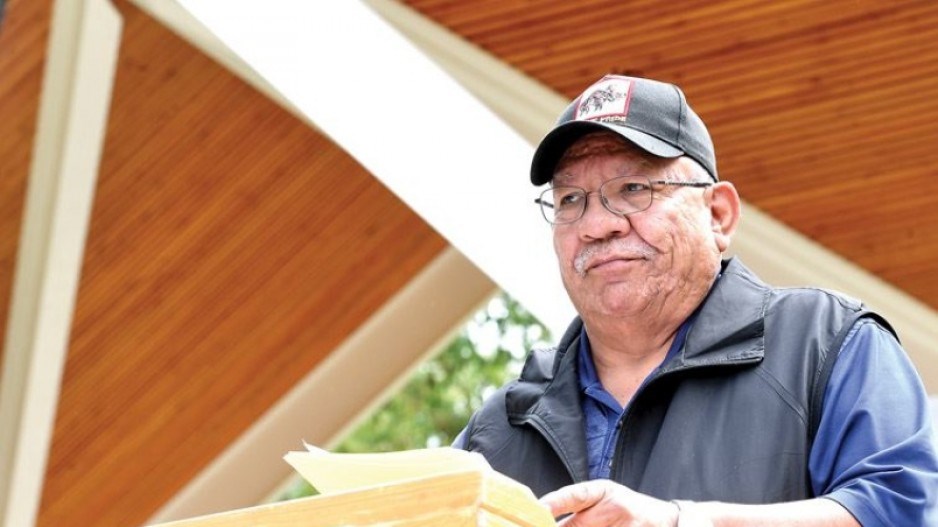The BC Treaty process was dealt a blow on the weekend when a treaty with the Lheidli T’enneh that has been more than two decades in the making evaporated with a single vote.
On Saturday, June 23, the Lheidli T’enneh voted 185 to 137 against a final agreement that would have granted the First Nation $37.1 million in cash, resource revenue sharing, 4,330 hectares of treaty land and self governance.
"Of course it is disappointing, but the people have spoken and we must honour their wishes," said Dominic Frederick, chief of Lheidli T'enneh First Nation.
"I would like to thank the federal and provincial negotiating teams for their hard work and support. They always negotiated in total good faith and couldn't have done anything more to get a fair agreement. This decision is entirely Lheidli T'enneh's choice.
"We must now try and move forward with the limited resources and opportunities available while we remain under the Indian Act."
Based on what has happened with other First Nations that failed to accept final offers – the Snuneymuxw First Nation in Nanaimo, for example – once a final treaty offer is rejected, negotiations stop and senior government negotiators move on to other advanced tables.
Some First Nation leaders suggest the recent rejection by the Lheidli T’enneh puts the BC Treaty process in question.
“Time to rethink the BC Treaty process,” Aaron Sumexheltza, chief of the Lower Nicola Indian Band, tweeted out.
The BC Treaty Commission was established in 1992 to address the uncertainty that exists in B.C., where First Nations title was never extinguished through historical treaties, except in a couple of rare and limited cases (Douglas Treaty and Treaty 8).
But since the modern treaty process began, only three treaties have been implemented: Tsawwassen, Maa-nulth (which involves five First Nations on Vancouver Island) and Tla’amin.
Kim Baird, who was chief of the Tsawwassen First Nation when it became the first in B.C. to sign a modern treaty under the B.C. treaty process, said she can’t imagine a process that might replace the BC Treaty process.
“It’s really hard to know why the community didn’t accept the terms,” she said. "But it’s even harder to know what they’d replace it with, in my opinion. There’s also talk about rethinking the treaty process, but if people have something tangible they’re proposing, I’d love to hear it.”
Robin Junger, a lawyer specializing in aboriginal law for McMillan LLP, said the BC Treaty process is no longer the only way to negotiate things like land and revenue sharing. More and more First Nations are opting to deal one-on-one with senior governments outside the treaty process in piecemeal fashion.
“More and more, governments and Indigenous groups are looking to non-treaty agreement such as reconciliation agreements, revenue sharing agreements and various other agreements to move forward,” he said. “While such (agreements) are not constitutionally protected like a treaty would be, they can also be a lot easier and quicker to achieve, and give more flexibility going forward.
“Ultimately this will be a choice for each Indigenous group but I think we will continue to see more and more ‘non-treaty agreements.’”
Baird said those types of agreements may address some economic development issues, but doesn’t address the issue of self governance.
“It doesn’t resolve the need for sustainable communities with appropriate jurisdiction and economic base and all the tools you need to make those changes,” she said. “From my experience, the land and cash is not as important as the jurisdiction was in our treaty.”
One First Nation that is likely to be relieved by the Lheidli T’enneh’s decision is the Simpcw First Nation, which recently raised objections over the treaty, claiming that overlap issues have not been resolved.
When there are overlap issues – and in B.C. there almost always are – it is up to the First Nations themselves to try to resolve territorial disputes.
With files from Prince George Citizen




